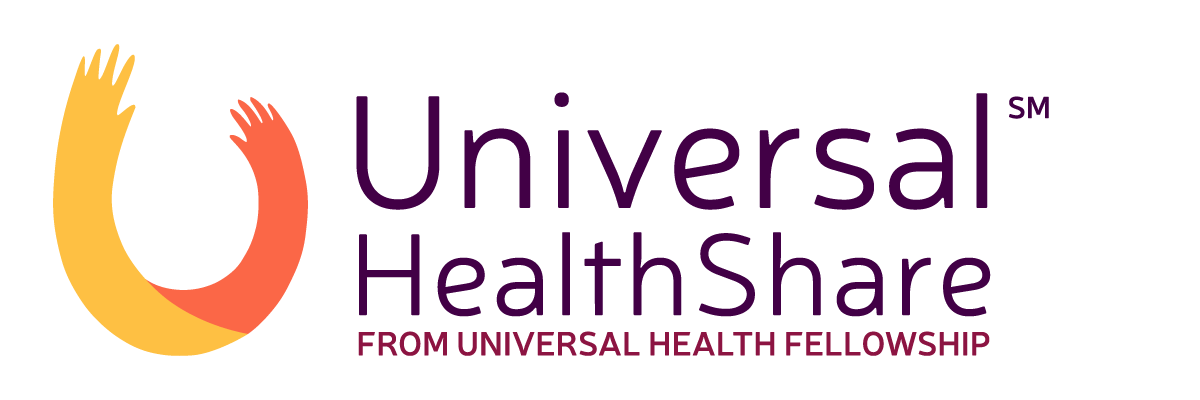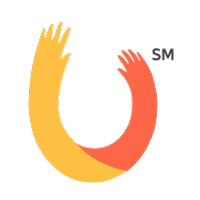Health Literacy Month is celebrated every October, as a time to recognize the importance of making health information easy to understand and creating an easy to navigate healthcare system.
What is Health Literacy?
Health Literacy is defined as the ability to “access, convey, process, and understand fundamental health information and services.” It’s how we receive, understand, and act on health information.
Health literacy is important for individual patients, but it also encompasses caregivers, family members, and the public. Without understanding health conditions and healthcare systems, it becomes significantly more difficult to make decisions about our own healthcare, understand the risks of everyday illnesses, and know what to do in a global pandemic.
Why is Health Literacy Important?
Having low health literacy can make it difficult for individuals to find providers, fill out the necessary paperwork required to go to a doctor, share medical history, interpret the connection between risk behaviors and health, manage health conditions and illnesses for themselves or others, and lead a health lifestyle.
What Factors Affect Health Literacy?
Health literacy is not determined solely by the amount of education one receives – someone with a college degree can struggle just as much with health literacy as someone who didn’t graduate high school. Listed below are a variety of factors that can affect one’s health literacy skills:
- Limited English Proficiency (LEP)
- Physical or mental limitations
- Reading, writing, and number skills
- Culture
- Age
- Income
- Education
- Ability to find health information, which often requires compute skills
- Ability to communicate with health care providers
How Can You Improve Health Literacy?
Many healthcare facilities have implemented programs or systems aimed at improving the health literacy of their patients. The following are some methods providers may use to help their patients improve their health literacy skills:
- Use plain language
- Plain language can ensure patients understand what is being asked of them and what is being told to them. This helps patients with their ability to find additional medical information and understanding what they find.
- Plain language also minimizes the risk of misunderstanding, meaning patients are less likely to abuse a prescription accidentally, understand what symptoms or side effects to watch out for, and know when to contact a healthcare provider.
- Simple language will also ensure patients can comprehend the medical information being presented to them and will assist them in making their own medical decisions.
- Use visual aids
- These can help patients better understand information and can be an excellent tool for reinforcing written or verbal health communication.
- Recommend and use technology
- Making use of available technologies can help providers connect more effectively with patients and may ultimately contribute to improved health literacy levels.
- Use effective teaching methods
- Ask open ended questions to assess a patient’s understanding of written materials.
- Speak slowly and clearly when providing instructions.
- Ask patients to repeat back what instructions and/or diagnoses have been given to them.
Health literacy can be tricky to improve but is a vital skill. For more information about health literacy, whether you’re a patient or provider, visit the Agency for Healthcare Research and Quality’s website here.


